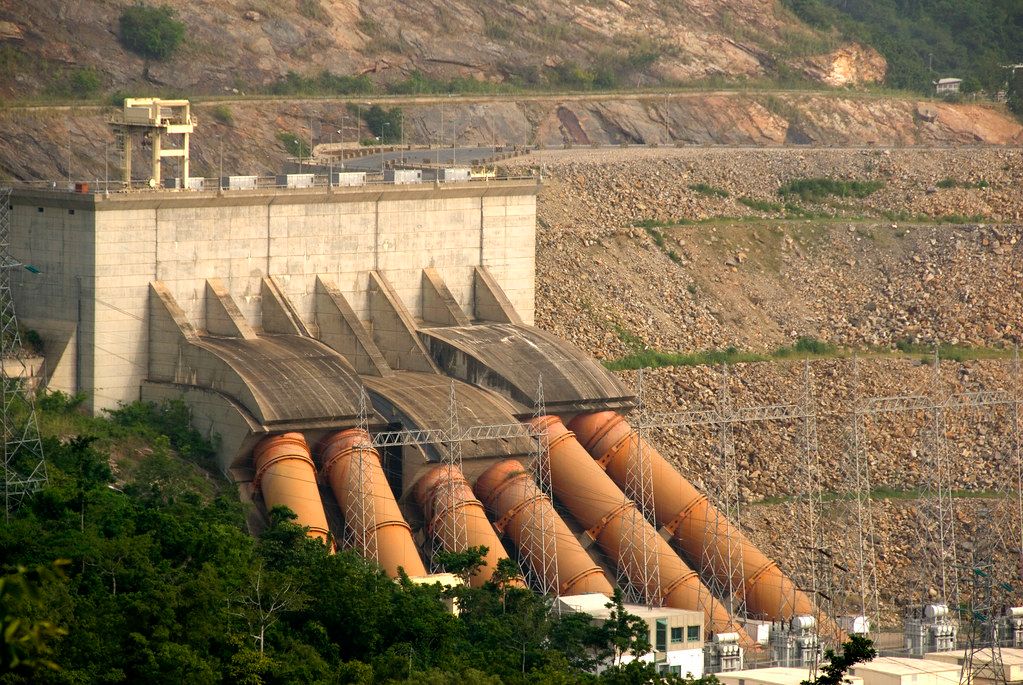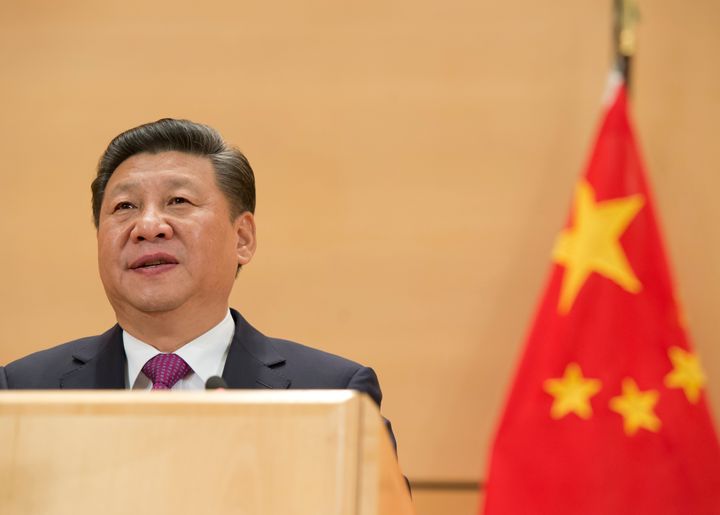U.S. Lags China on Energy Projects in Africa

The Lede: China and the U.S. are ramping up competition for investment and development in energy projects in Africa to gain influence on the continent, but China has had a head start.
What We Know:
- A recent report by the Atlantic Council marks the growth of Chinese investments in sub-Saharan Africa’s energy infrastructure at $14.5 billion through 2020, a tenfold increase in 10 years.
- Aside from U.S. exclusive energy deals in Africa, the World Bank—a traditionally American-led international financial institution based in Washington—is estimated to have spent approximately $34 billion on more general financing and technical assistance for development projects in sub-Saharan Africa between 2018 and 2020. Meanwhile, China’s investment in the region during that period is estimated at around $54 billion.
- Both sides have shown interest in a hydropower infrastructure expansion proposal in South Sudan, which would provide electricity to the country and generate revenue from energy exports to neighboring countries.
The Background: China has gained a significant presence in Africa through the Belt and Road Initiative (BRI), a global infrastructure project. Its companies are involved in the construction of major energy generation projects including the Mambila Hydropower Project in Nigeria and the Grand Ethiopian Renaissance Dam in Ethiopia. The U.S. launched the Prosper Africa Initiative in 2020 in order to boost trade and investment on the continent. The plan focuses on assistance and funding for energy projects. In 2022, the U.S. launched the U.S.-Africa Energy Forum, in which government officials and energy executives discussed the expansion of energy access.
Likely Outcomes:
- China enjoys a head start on investment, development, and construction on the African continent. At this point, Beijing has the advantage in cooperating with African countries for the provision of electricity and the development of energy infrastructures. With a proven track record of impressive construction projects on the continent, China will likely be welcomed by African leaders and continue to foster political and economic ties there through BRI investment and development. However, concerns regarding debt obligations, environmental standards, and political leverage may give African countries pause in accepting Chinese cooperation.
- As demonstrated by Vice President Kamala Harris’ visit to Africa last month, the U.S. will likely offer symbolic diplomatic gestures along with promises of increased financial aid packages. Given Washington’s significant foreign policy emphasis on other regions of the world, there may not be enough will or funding to fulfill American proposals for energy projects for African countries. This casts doubt on the American potential to match China’s presence in the continent in any type of bilateral cooperation.
Quotables:
"If China is successful in securing the project in South Sudan, it would strengthen its influence in the region and add another energy project to its Belt and Road Initiative. On the other hand, if the U.S. is successful, it would mark a significant win in its efforts to counter China's growing influence in Africa." – Ibrahim Magara, policy leader fellow at the School of Transnational Governance
Good Reads:
China holds upper hand in battle with U.S. for Africa's energy (Nikkei)
China in Sub-Saharan Africa: Reaching far beyond natural resources (Atlantic Council)



